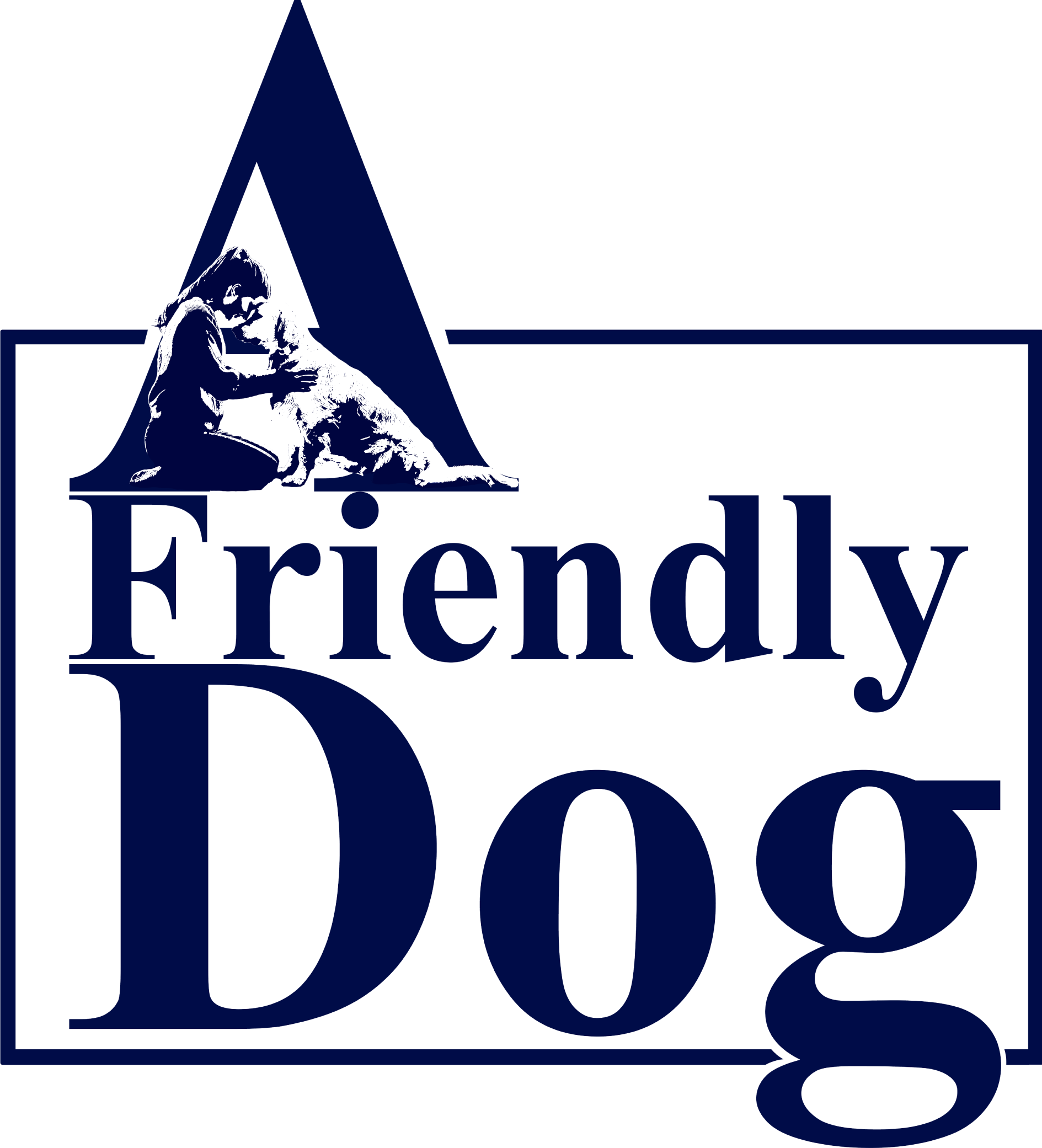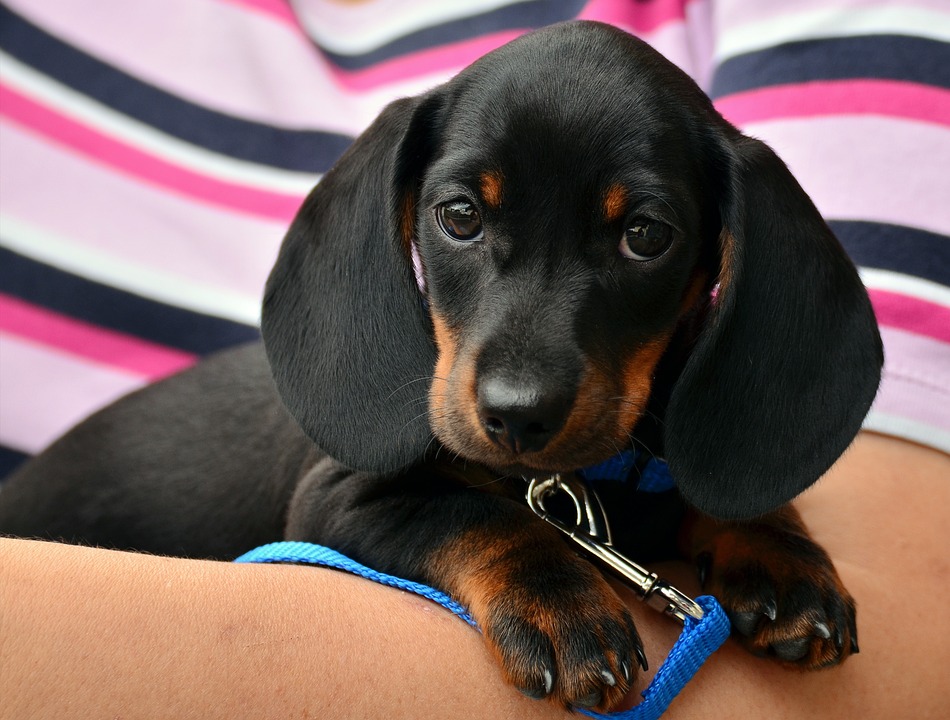Puppy training is important for your dog’s growth and development. It helps them live the life they deserve to live and thrive at it. It’s not always going to be a perfect experience, but it will help you transition the puppy into being a healthy and happy dog. The behavior patterns dogs learn in their puppy years will carry them through the rest of their life. So, take care to ensure you are doing your best.
Puppy Training Classes Are an Ideal Start
Training is no longer an option for dogs younger than 7-8 weeks old. That’s because they just aren’t ready to be socialized yet and need at least 7 days after the first vaccination plus deworming. Training classes introduce puppies to other dogs. It helps them learn to modify their behavior so that it’s acceptable on a greater level. The puppies will learn to go from being cuddled and protected to enjoy being around others and getting around to play. This gradual loss of fear is vital toward later training by specific commands.
Social Interplay and Maneuvering Into the World
Interaction and acknowledgment are key toward puppies feeling as if they are fitting in with life as we know it. They will be confused by punishment as it simply does not make sense to hit and scold puppies or dogs. Taking comforts away won’t work either.
Depriving puppies or dogs of their comforts like a bed or blanket is not teaching them what it is they did wrong in the first place. After all, puppies and dogs don’t know what wrong is. They only know interaction. It helps them understand that their role in your life is important and that certain consequences and rewards exist between you.

Positive Reinforcement is the Only Way to Go
You must positively reinforce behavior and habits that create a sense of feeling good, being perceived as good, and being acknowledged as good. Your dog will take your cue and wait for a reaction to confirm that what they perceive is true. Thus, they must allow themselves to feel good, take moments to realize this notion, and finally acknowledge your reinforcement of their good behavior by accepting rewards like treats and added affection.
Dealing with Negative Behavior
Relationship building with your puppy takes time, so don’t expect such trust to develop right away. You may need to work on earning their trust and respect. It takes a lot of patience, but bad behavior will not resolve itself by ignoring it either.
As with positive reinforcement, acknowledging the bad behavior as bad will teach the dog that such behavior is unacceptable and a lack of rewards like treats will enable them to question what they are doing and realize that it is not beneficial to anyone. There is no need to dwell on such behavior, but move on to positive reinforcement again and show your puppy how to behave properly by using a combination of exercise and direction.

